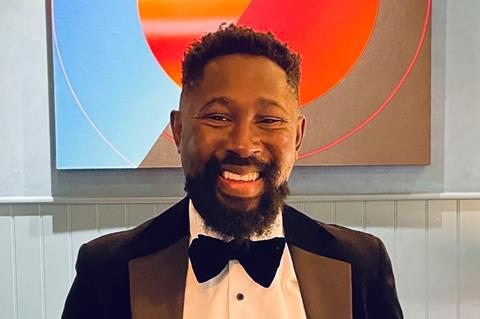A law firm chief who grew up on a council estate in South London has become the first black man to be elected president of a practitioner group set up in 1948 for solicitors working in the criminal justice system.
The London Criminal Courts Solicitors’ Association held its annual meeting on Monday, where Jason Lartey was officially declared president, taking over from Casey Jenkins.

Lartey told the meeting that it was an honour to become president and he was proud to be the first black male president of the association. Angela Campbell, who led the association in 2005, is the first black female president.
Lartey qualified 13 years ago and set up his firm, Lartey & Co, in 2020. Describing himself as a ‘frontline lawyer’, working in the police station and courts, he said he loved his job. He grew up in on a council estate in Peckham and saw ‘first-hand the important role our legal system plays'.
Read more
On the challenges ahead, Lartey cited the disruption and frustration caused by the cyber-attack on the Legal Aid Agency, the courts backlog, legal aid rates that have 'failed to keep pace with the cost of living' and a shortage of new blood into the profession. ‘I would love the opportunity to meet [lord chancellor] David Lammy to discuss how we can address these issues,’ Lartey said.
Keen to continue Jenkins’ work focusing on solicitors’ wellbeing, Lartey said: ‘The job we do is not easy. The hours are long, the pressure and stakes are high, and the emotional toll is real. But we love what we do. We must make wellbeing a collective responsibility, not just a personal one. We must encourage new entrants and support younger lawyers starting their journey. We have to show this profession is worth joining. It is a career that makes a real difference, upholds justice and gives a voice to the voiceless.’
He added: ‘We are stronger when we work together – across firms, communities, the justice system. Collaboration gives credibility, influence and the power to drive meaningful change. By standing together, we amplify our voice and ensure that it’s heard where it matters most. I ask you to stay engaged, stay connected. Criminal law is built on compassion, integrity and justice, and each of us has a role to play in its future.’
This article is now closed for comment.



























2 Readers' comments